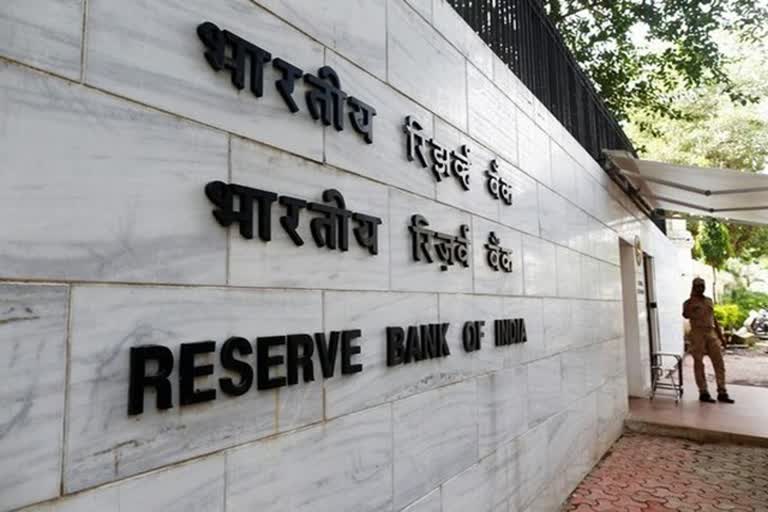Mumbai: In a business friendly move, the Reserve Bank of India on Friday said that the Real Time Gross Settlement (RTGS) system, used for large value transactions, will be made available round-the-clock in the next few days.
In December 2019, the National Electronic Funds Transfer (NEFT) system was made available on a 24x7x365 basis.
Currently, RTGS is available for customers from 7.00 am to 6.00 pm on all working days of a week, except second and fourth Saturdays of every month.
RBI Governor Shaktikanta Das said RTGS system will soon be made available 24x7 in the next few days... with this enablement, it is proposed to reduce settlement and default risk in the system by facilitating settlement of AePS, IMPS, NETC, NFS, RuPay, UPI transactions on all days of the week instead of five days earlier."
This will make the payment ecosystem more efficient, he added.
In order to expand adoption of digital payment in a safe and secure manner, he said, it has been decided to enhance the limits for contactless card transactions and e-mandates for recurring transactions through cards and UPI from Rs 2,000 to Rs 5,000 from January 1, 2021.
This will depend on mandate and discretion of customers, he said.
Read more: RBI revises FY21 growth to (-)7.5% on current recovery rate, vaccine hopes
Contactless card transactions and e-mandates on cards (and UPI) for recurring transactions have enhanced customer convenience in general while benefitting from increased use of technology, the statement on Developmental and Regulatory Policies by the Reserve Bank of India (RBI) said.
These are also well-suited to make payments in a safe and secure manner, especially during the current pandemic, it said, adding, the recent instructions on disablement of contactless feature on cards and empowering customers to control the limits on their cards have also brought in added safety for users.
Operational instructions will be issued separately.
It is to be noted that RBI stopped levying charges on transactions through NEFT and RTGS from July 2019, with an aim to promote digital transactions in the country.
RTGS is meant for large-value instantaneous fund transfers, while NEFT is used for fund transfers of up to Rs 2 lakh.
In order to deepen financial inclusion and protect customers by promoting financial literacy, a community led participatory approach through Centres for Financial Literacy (CFL) was implemented by the RBI through select banks and non-governmental organisations as a pilot project in 2017.
It is now proposed to expand the reach of the CFLs from 100 blocks currently to every block in the country in a phased manner by March 2024, he said.
RBI to come out with digital payment security control directions: Das
Das said the central bank will be introducing digital payment security control directions for regulated entities.
Such a move will improve the security of digital payment channels and also convenience for users, Das said.
“These directions will contain requirements for robust governance, implementation and monitoring of certain minimum standards on common security controls for channels like internet and mobile banking, card payments, etc,” Das said.
Draft directions on the same will be issued soon for public comments, he added.
The announcement comes a day after the RBI temporarily barred largest private sector lender HDFC Bank from selling new credit cards or launching new digital banking initiatives, taking a serious view of service outages at the systemically important bank over the last two years.
The digital banking app of the country's largest lender SBI was also facing service outages on Thursday, the second time in a week that the bank was struggling with the service.
On Thursday, Das said preservation of financial stability and depositors' interest is the “uppermost” priority on the RBI's agenda and cited the rescues of Yes Bank and Lakshmi Vilas Bank as efforts in the same direction.
“While we are constantly focused on strengthening the regulations and deepening our supervision, financial sector entities like banks and NBFCs should also give highest priority to quality of governance, risk management and internal controls,” he said.
He said the banks and non-bank finance companies (NBFCs) are the first line of defence in matters relating to financial sector stability.
(PTI Report)



